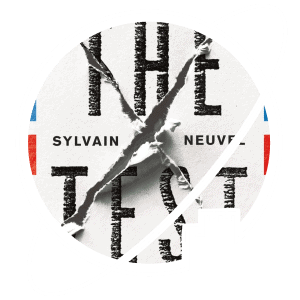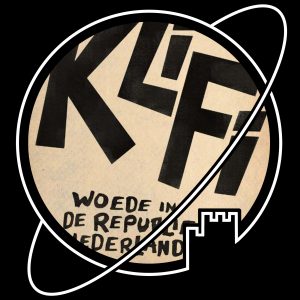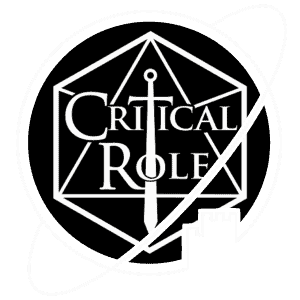- Novel written by Ray Bradbury
- Published 19 October 1953
- Standalone


Listened to the audiobook with Penn Badgley. Well-read.
Fahrenheit 451 is one of those old, 1950s, science-fiction-of-ideas type novels. The idea in Fahrenheit 451 is straightforward: society has regressed intellectually, everyone only watches TV, and books gradually became obsolete until they were eventually even banned.
In telling this story, Bradbury clearly wants to warn us of totalitarian governments and their censorship, in the vein of 1984, but also of control and desensitisation via mass media, in the vein of Brave New World.
That is a lot to pack into a such a short novel, but Fahrenheit 451 stays on message throughout. Fahrenheit 451 contains little to no details on the time that passed between the 1950s and the fictional present and does not even explain much about the future society that the story is set in, other than the prohibition of books and the institution of the firemen that burn them.
To be honest, Bradbury doesn’t need much more to evoke the readers emotions because the image of book burning is so vivid and emblematic. In the 1950s, the Second World War and Nazism, as well as the communist dictatorship and accompanying censorship in the Soviet Union, loomed large in readers’ minds. Even now, though, more than 70 years after the publication date, the metaphor still hits home.
At the same time, I couldn’t help but feel that Fahrenheit 451 is a novel dripping in old man energy (yes, I know Bradbury was in his thirties when he wrote it). By that I mean to say that it appears that Bradbury is frustrated by a changing society and up in arms about those changes – radio, television, swift-moving cars… It appears he believes that there is a certain degeneration linked with these technological developments and that society must swear these off and return to simpler, more intellectual times.
Don’t get me wrong: I think Bradbury is right that television – and in particular, social media algorithms an smartphones, which he did not foresee – have indeed decreased people’s attention spans and maybe even fanned an anti-intellectual flame. But his conservative thinking appears a little black and white to me; not every change since the 1950s has been for the worse.
Fahrenheit 451 is a short novel, but I was not surprised to find out that it was originally even shorter. It is very focused on a couple of poignant but ultimately relatively straightforward ideas that I feel would have fitted perfectly in a novella-length tale. I understand that Bradbury initially wrote the story as a novella and his publisher asked him to double the length and make it into a small novel. I feel that explains why the novel is set up in a lean style with very few characters and little to no background, but nevertheless feels a little stretched out in certain places.
Fahrenheit 451 is based on a strong moral idea and gets its messages across clearly. It reads easy enough, has a couple of nice character moments and shows that certain issues we are grappling with today have been relevant for decades. At the same time, it is also very much a product of its time and, if I dare to be that honest, I don’t think Fahrenheit 451 is breathtakingly clever or prophetic. It is a good metaphor turned into a novella turned into a book. In the end, it is a classic and it is short, so I would certainly recommend you give it a try, if only to get in on the conversation.














